How to Get Energy Without Caffeine and Keep up Your Spirits
Coffee isn't your only energy source--find more natural ways to boost your focus and motivation all day!
Starting the day with a strong cup of coffee, or two, has become a ritual of sorts for the average adult. For most of us, it doesn't stop there; when energy levels dissipate, we lose focus on the task at hand and the coffee pot calls again. But we all know that while caffeine intake might mean more energy in the short term, it is detrimental to our sleep cycle, diet, and health in the long term.
If you green tea drinkers (or those who drink "natural" energy drinks) are giving yourself a pat on the back right now, hold on! You might not be immune to adverse health impacts—while your drinks might be a little better than coffee, you still consume caffeine.
Are there better ways to boost your low energy levels and avoid caffeine intake?
Improving Energy Levels Without Caffeine
Dangers of Consuming Too Much Caffeine
Final Thoughts
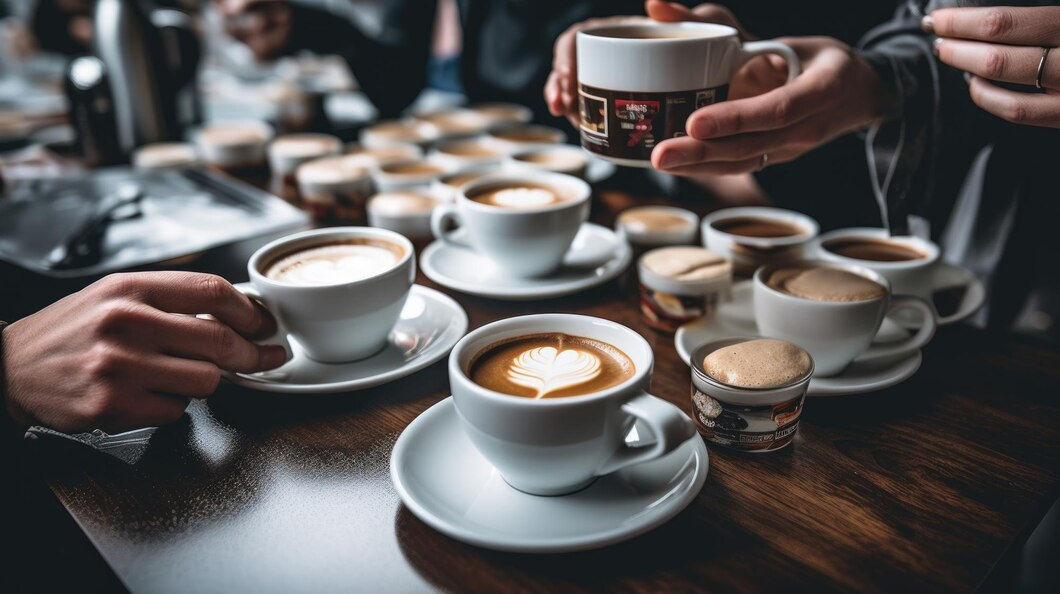
How to Boost Energy Levels without Caffeine
Eat a Natural Energy Booster Snack
How many times have you heard that an apple makes you feel more awake in the morning than coffee or tea? And how many times have you ignored that apple in your fruit basket in favor of that piping hot mug of your favorite beverage? Yeah, we've all been there. But guess what: Natural sources of food with a low sugar index are absorbed more slowly and as a result, don't lead to a sudden drop in energy levels. For a quick energy boost that doesn't crash in a while, try a combination of carbohydrates, fats and proteins.
Apart from apples, low-fat Greek yogurt, unsweetened granola, peanut butter, and leafy greens like spinach are great foods to help add vitamins and minerals to our diet; they have high fiber content which influences glucose absorption and keeps blood sugar levels steady.
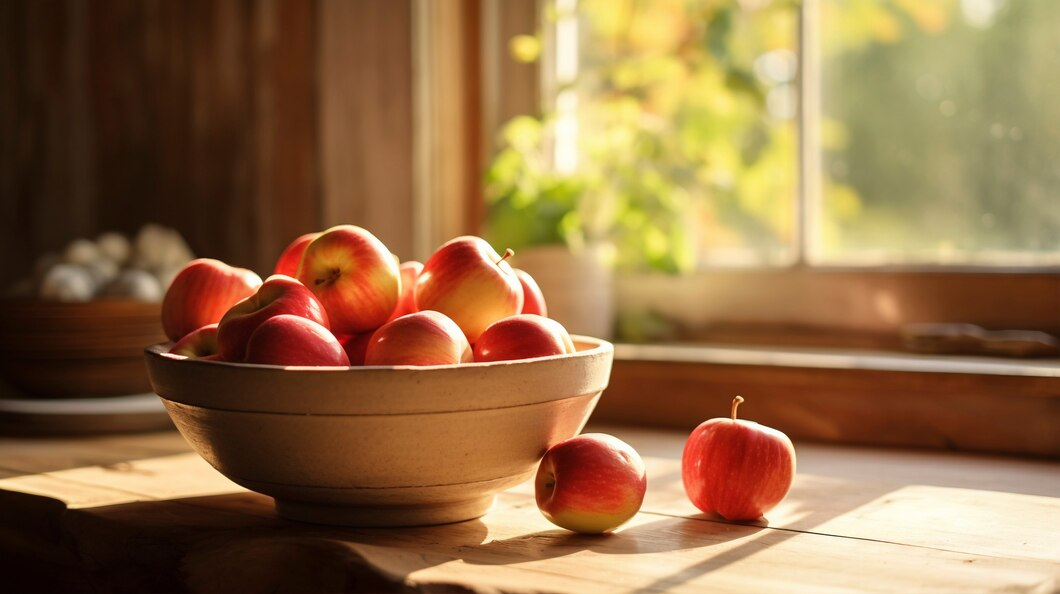
A Balanced Diet is an Automatic Energy Boost
Why rely on just one snack, drink or meal to boost your energy? Eating right is one of the healthy habits to follow for better well-being. Take help from your healthcare provider to figure out the ideal food and nutrition intake for you based on your lifestyle and body weight. Create a diet chart and stick to it. Most importantly--make sure to eat regularly--skipping meals doesn't do you any good!
Drink Water instead of An Energy Drink
Apart from better food choices, remember to drink more water. Research shows that the ideal water intake for adults should be between 2.7 and 3.7 liters a day. Lack of proper hydration can have many symptoms, including dizziness, weakness, poor immunity, and can generally leave you feeling tired and low on energy; make sure you always have a water bottle with you so you can keep hydrating throughout the day!
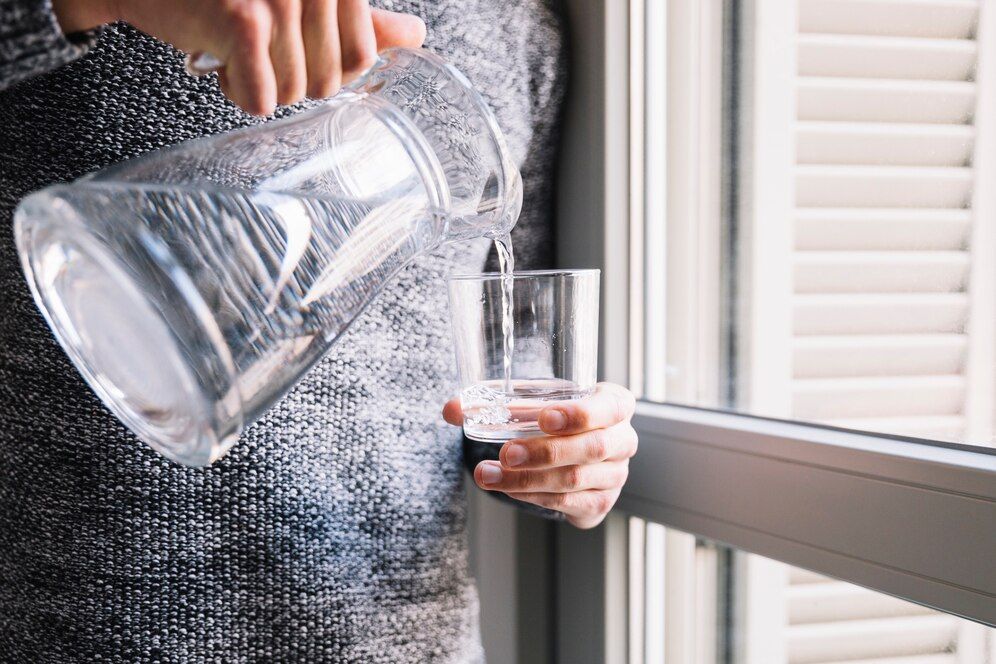
Fix your Sleep Cycle
A person's sleep cycle depends on their circadian rhythm, and whether they are an early bird or a night owl. It's important to recognize your sleep cycle and maintain it to give your mind and body good rest.
Various factors can disrupt sleep patterns, such as revenge bedtime procrastination, insomnia, stress and even excess energy due to too much sugar or caffeine consumption. The lack of sleep causes fatigue and will leave you in a sullen mood which in turn will increase your reliance on coffee. But the problem won't fix itself, no matter how much caffeine you consume. Find out why you're not able to fall asleep at a good time and take steps to fix it, so you wake up feeling refreshed and happy rather than drowsy and miserable.
Take a Quick Power Nap
Not everyone's schedule allows it, but if you can set aside 7 to 10 minutes in the afternoon for a quick nap, there's nothing like it! Make sure you're comfortable and can actually turn off your brain for those few minutes so you can wake up with renewed energy and get back to work with a fresh mindset and attitude.
Get Vitamin D and Sunlight
A vitamin D deficiency is no joke--staying cooped up all day inside will see you naturally unenthused and unenergetic all the time. Try to eat breakfast outside on the balcony, take a walk or run in the morning before work, and just generally spend more time in fresh air and sunlight throughout the day.
Exercise
Physical activity, if done regularly, boosts your stamina and regulates how your body uses energy. This means, the more you are able to go to the gym, for a run or even outdoor hiking and camping, the more alive your muscles will feel without artificial sugar or caffeine intake.
Practise Breathing
You may think you don't really need to practice breathing, but we often forget to do it in stressful or scary situations. What's more, greater stress and anxiety take away more of your energy, leaving you mentally exhausted quite quickly. Learn some quick and easy meditation exercises to help you stay calm and focused to deal with crises.
Try Aromatherapy
Just like with food, light, and sound, certain smells can also give you more energy and help you stay alert and focused. If you're thinking of finding a loophole here and smelling a cup of coffee, don't! We all know that once you get a whiff, you can't stop yourself from taking a sip. So stay away from those beautifully roasted coffee beans and try lighting incense or scented candles with eucalyptus, rosemary or peppermint in the mornings or near your work-space for a more natural energy boost.
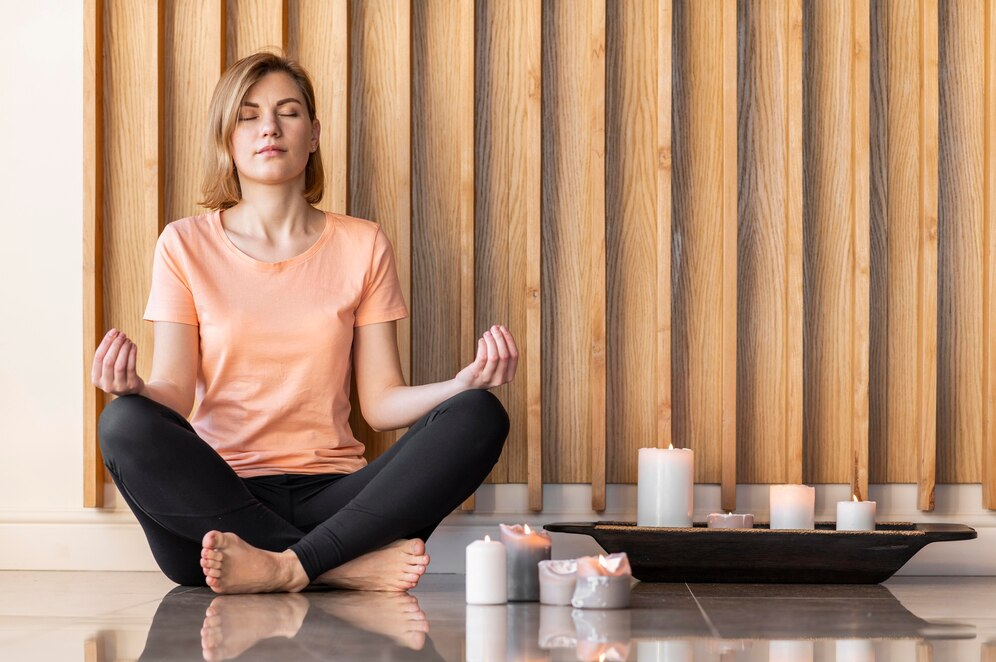
Why you Shouldn't Consume too much Caffeine
Leads to Greater Anxiety-Like Symptoms
Caffeine stimulates your central nervous system, and if you consume it too much, it overexcites the neurons and causes restlessness, uneasiness and rapid heartbeat--all identified as symptoms of anxiety. So, if you feel yourself getting stressed or overly anxious during work, exams, or even in daily situations, it may be a sign of excessive caffeine intake.
It increases Activity of Stress Hormones
Cortisol and epinephrine are hormones that become active during periods of stress, which help your body and brain absorb glucose and use energy to respond to the situation. Randomized controlled trials have shown that caffeine can also lead to a spike in these hormones, which means you burn through more energy than needed and often experience a "crash".
Insomnia
Greater physical energy causes you to not fall asleep when you need to and ultimately you feel tired because of it. When you consume a lot of coffee or energy drinks, your body builds a caffeine tolerance, which means you need to up the intake just to feel at the same energy level. Ultimately, this can lead to a lot of stress on your body's functioning and result in sleepless nights.
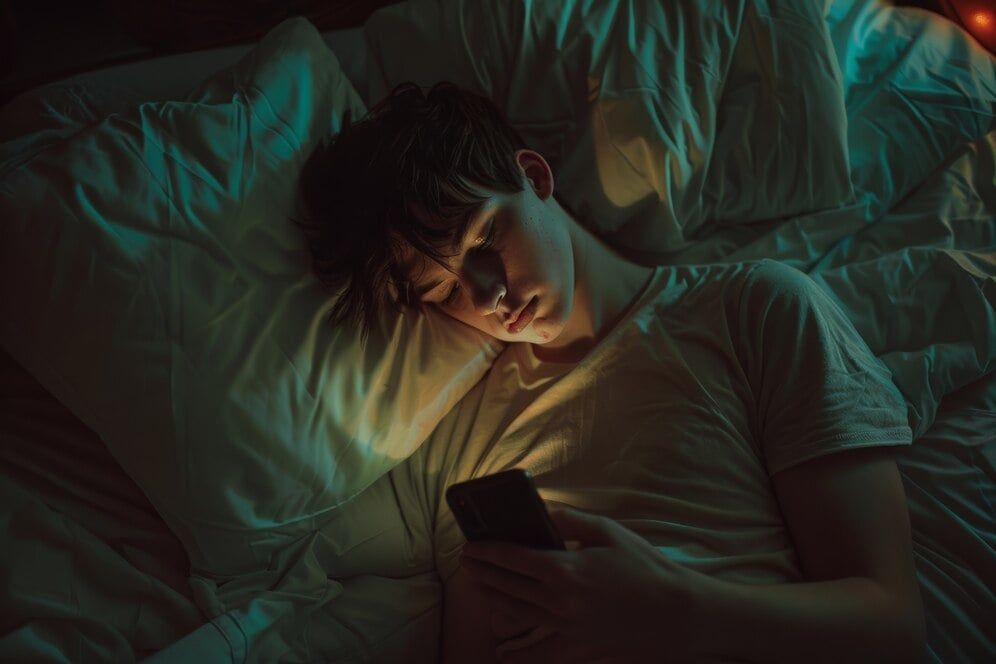
Final Thoughts
Replace caffeine consumption with more natural ways of boosting energy to help your overall health, mood and well-being. Don't give in to caffeine's siren song!